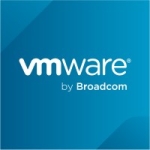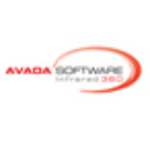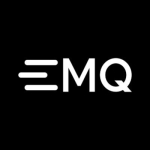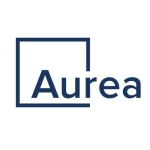I like its ease of administration. We just recently moved to the MQ appliance and the high availability (HA) feature is outstanding. We're really, really pleased with it and the power of the appliance itself. When you throw more work at it, the faster it goes.
For example, when you're doing maintenance, you can fail over the entire group of queue managers in that HA group or you can fail them individually if you'd like. So, it's very helpful that way. But that's the manual fail over. The automatic fail over is what we are really interested in. We did have an appliance go down. Everything failed over and none of our clients knew of it. So it was very good. We were very pleased with that.
The user interface is good. The command line version of it, MQ CLI, is good. The web user interface is really handy; really a good feature.
It updated everything. We started with Version 7 with Linux and now, with the appliance, it seems to be bringing us more into the 21st century so to speak.
We have an M2000. The M2001 has a 3 TB SSD, which is a good feature. I wish they had had it when I started. But as we upgrade, in the future, we'll probably move to that. Everything is working properly with the current version.
The reason the migrations are an issue is, we came from Version 7.01 and Version 7.5. The security in Version 8 was a little tighter. So, there were a few things we had to learn. Be sure that we were up to speed, so that's all.
We haven’t had any stability problems at all. Stability has been outstanding. We went from multi-instance queue managers, which worked fine, except they worked often. That wasn't good for us. So it was a perceived outage for our clients. The availability has been outstanding with the MQ appliance.
I have used support on several occasions. We were an early adopter, and there are always a few bugs along the way. We did use technical support and we went all the way up to the lab a couple of times. It was outstanding as usual.
We have been an MQ adopter since 1998. We were using z/OS, so we have been using MQ along the way. Then we went to Windows, to Unix, to Linux, and now the appliance.
Actually, setup was straightforward. I'm not a hardware person and it was a first-time setup. It was what they said it was. It wasn't a 30-minute setup, but it was pretty easy.
Plan your file systems. Plan your messaging names and your network routes. You want to be ready with everything before you start and once you do that, you're in good shape.
When choosing a vendor, I want knowledge and availability. Those are the two things that are most important.















